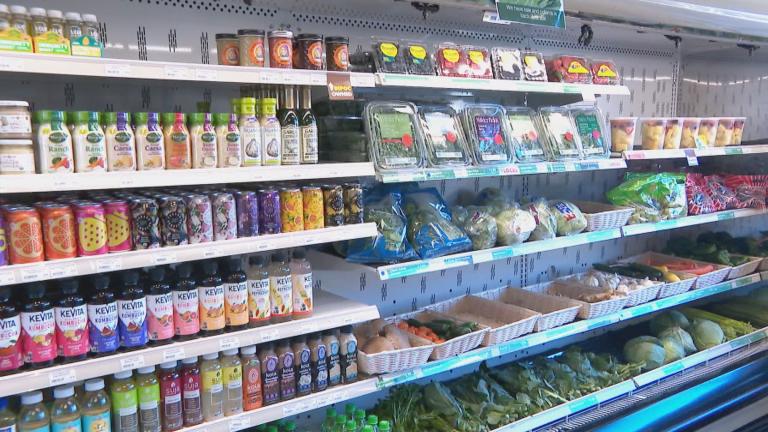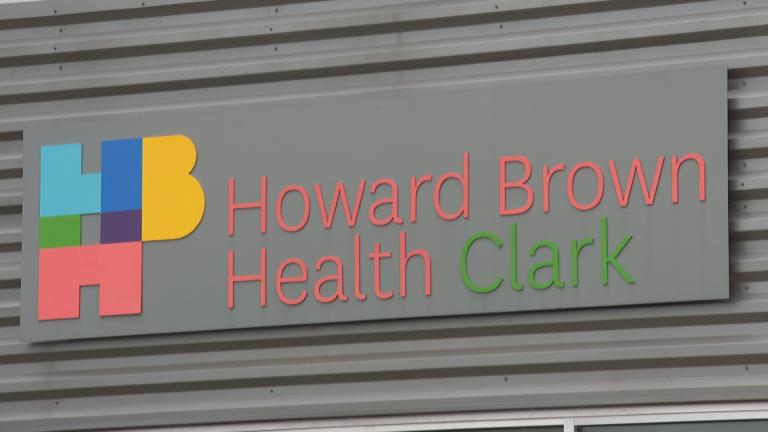What kid hasn’t tried to make a buck (sometimes literally a single dollar) by selling lemonade?
Soon, Illinois youth will be able to do so, without fear of running afoul of the law.
When Haylis’ Law (SB 119) takes effect in 2022, governments will no longer be able to force youth to get permits to run lemonade stands. Those under age 16 can sell non-alcoholic drinks (perhaps hot cocoa) without government interference or regulation, as long as the beverage booths are on private property or public parks.
Other new laws deal with pets.
Starting in February, per SB 1711 pet shops will only be able to sell dogs and cats they get from animal shelters or animal control facilities; they cannot legally sell furry friends born and raised in puppy mills.
“Puppy mills are generally large breeding facilities that breed a number of animals and don’t really take care of them the way we want to see our pets taken care of,” State Sen. Linda Holmes, D-Aurora said. “We’re not saying those pet shops can’t sell animals. They just have to source them through rescues or shelters.”
Pet stores also will no longer be able to offer their own financing, with HB572 taking effect in 2022.
Holmes, the plan’s sponsor, said some stores have been offering would-be pet owners loans, with interest rates of over 100%.
“You certainly can put it on a credit card and there you’ve got the finance terms all laid out for you. Or if you want to go out and take a personal loan before you go to the pet store,” Holmes said. “But basically what these pet stores have always banked on is I’m going to walk in this pet store and say ‘oh my gosh that’s the cutest puppy I’ve ever seen, I need to take it home.’”
Another potential money-saving measure will forbid companies from charging early termination fees, if someone dies during the agreement -- something Illinois Legal Aid’s Gwen Daniels said happens.
“If you have a three-year contract on a cell phone and you die in month one or month two, before this act your estate could be charged for the other 34 months of the contract,” Daniels said. “And so this law applies to internet services, cell phone bills, telephone bills, your water service, your electric service, your gas service.”
After lengthy negotiations, changes are also coming to Illinois’ gun laws. Some – like background checks for private gun sales -- will be rolled out in coming years; other aspects will begin in 2022.
The Illinois State Police have been working to trim a backlog of Firearm Owners Identification, of FOID, applicants – a backlog that’s led to frustration and lawsuits from anxious applicants.
Meanwhile, anti-violence groups had been calling for mandatory fingerprinting of all applicants.
In a compromise, through HB562 applicants who want speedy processing of their FOID bid can voluntarily share their fingerprints, to be used for background check purposes.
Fingerprinting is important to keep guns from dangerous people, said director of the Gun Violence Prevention PAC: Illinois, Kathleen Sances.
“Fingerprinting is important because it’s critical that we identify who is trying to purchase a firearm and make sure that person is not prohibited legally from owning a firearm,” Sances said. “I’ll just give you an easy example. If you look in a phone book or do a Google search for John Smith, how many are going to come up? So the only way to really verify that the John Smith standing in front of the gun dealer is the John Smith who he says he is, is with the fingerprint.”
In 2022, state police are tasked with creating a database of stolen guns, to prevent their resale, and a task force is charged with going after gun-owners who are holding onto their firearms despite having their FOID card revoked.
Follow Amanda Vinicky on Twitter: @AmandaVinicky








